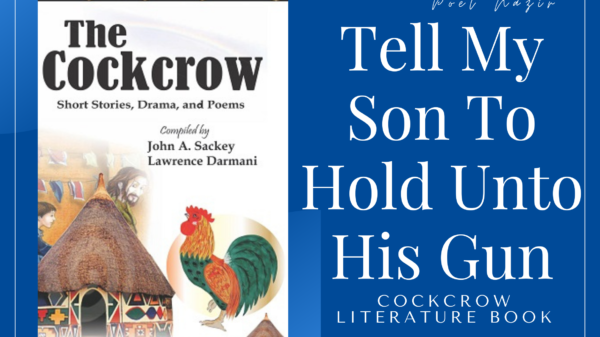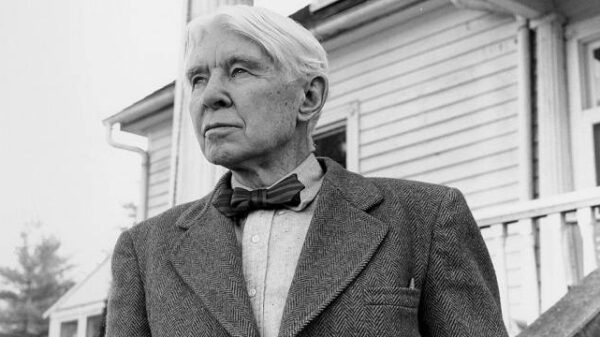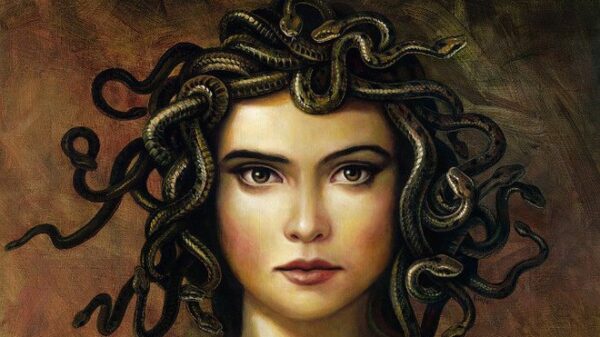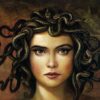Sonnet 1: From Fairest Creatures We Desire Increase
Written By William Shakespeare
This Shakespearean Sonnet was published in 1609. In his Sonnet 7, Shakespeare hails the beauty of of his beloved to procreate. Somewhere in the second quatrain, the writer scolds the young man for trying to be self-involved just to consider procreation. Then in the third quatrain, he goes forward to warn his beloved that his beauty will fade. In the last one, that’s the couplet, he tells that his beloved to not deprive the world of his beauty. The sonnet also goes on to urge the young man to bear children.
Poem
From fairest creatures we desire increase,
That thereby beauty’s rose might never die,
But as the riper should by time decease,
His tender heir might bear his memory;
But thou, contracted to thine own bright eyes,
Feed’st thy light’s flame with self-substantial fuel,
Making a famine where abundance lies,
Thyself thy foe, to thy sweet self too cruel.
Thou that art now the world’s fresh ornament
And only herald to the gaudy spring,
Within thine own bud buriest thy content,
And, tender churl, mak’st waste in niggarding.
Pity the world, or else this glutton be,
To eat the world’s due, by the grave and thee.
Poet Nazir is a writer and an editor here on ThePoetsHub. Outside this space, he works as a poet, screenwriter, author, relationship adviser and a reader. He is also the founder & lead director of PNSP Studios, a film production firm.









